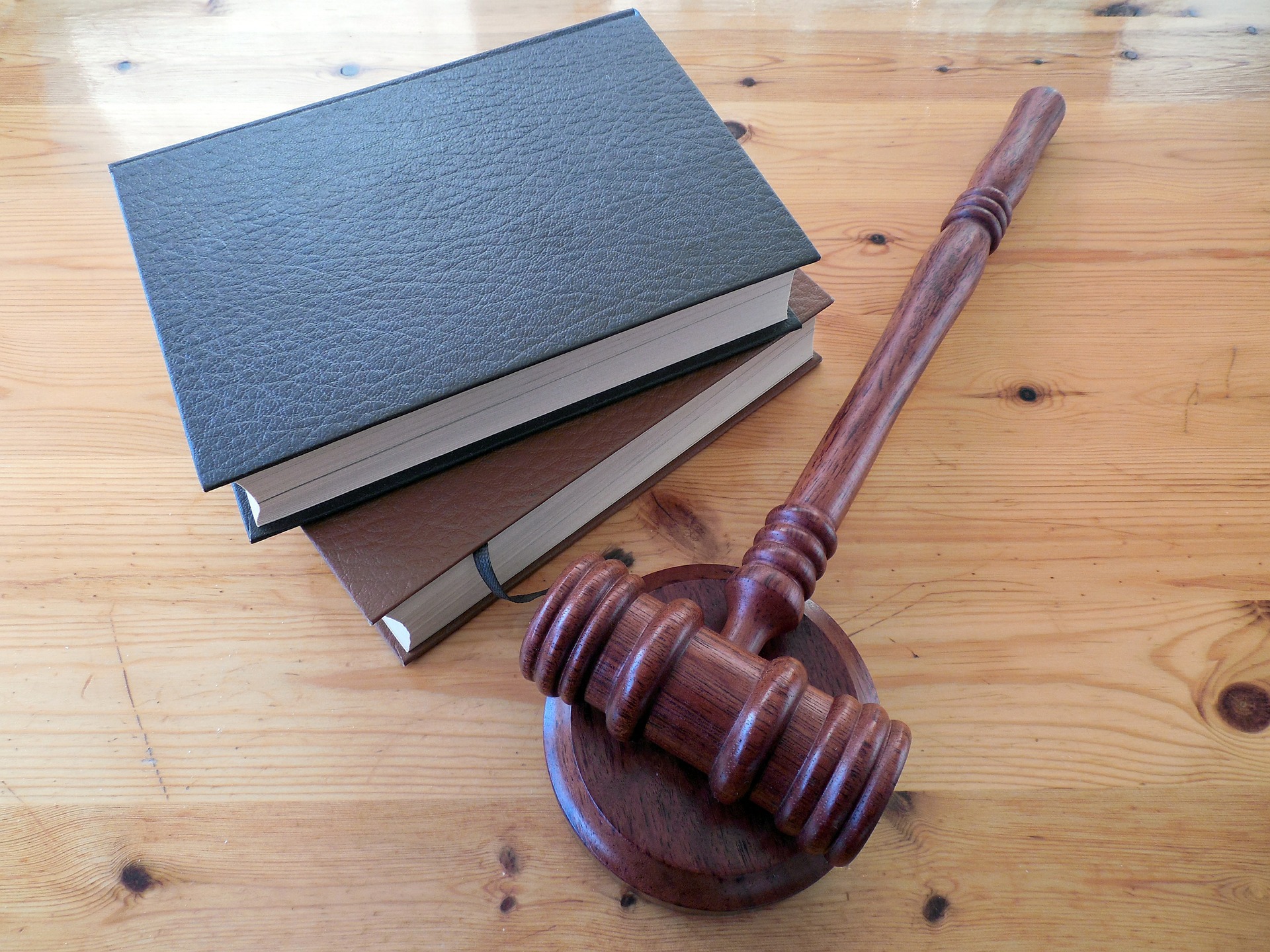
When you are charged with a disorderly persons offense in New Jersey, you are being charged with a lower-level crime that might be referred to as a misdemeanor in other states. Despite their designation as lesser offenses, these are still crimes that can carry hefty penalties and they can stay on your record, affecting your personal and professional reputation. This is why you consider discussing your charges with a Bergen County criminal defense attorney.
Many of the following crimes are considered disorderly persons offenses:
A grand jury does not have to indict you. These crimes are considered “summary offenses,” meaning that you can simply just be tried for them in municipal court.
All of these charges can result in punishments like fines and probation. Driving privileges can also be revoked for up to two years in some cases, even if the disorderly persons offense you are charged with has nothing to do with driving. Jail time is unlikely for offenders without a history of criminality, but people with previous convictions could end up facing a short prison sentence.
In many cases, a background check for a job or apartment rental could dig up a disorderly persons offense on your record. It mostly depends on how thorough the background check is. Some checks might not find it, but others could and that can make things harder for you.
In some cases, it is possible to get a charge like this expunged from your record even if you were convicted. Law enforcement agencies would still know about it, but the disorderly persons charge would no longer turn up on something like a background check. You should be eligible to petition the court for expungement if:
We should mention something important about expungement though. It can be challenging to clear a charge if you have multiple disorderly persons charges or a felony on your record. In any case, you may want to talk to a criminal defense attorney who can assist you with this process.
Just because a disorderly persons offense is seen as a lesser charge does not mean that you shouldn’t take it seriously. Contact the Law Office of Attorney Conway and schedule a consultation where you can learn more about your legal options and what a criminal defense attorney can do for you.
© 2024 The Law Office of Kevin T. Conway. All rights reserved.